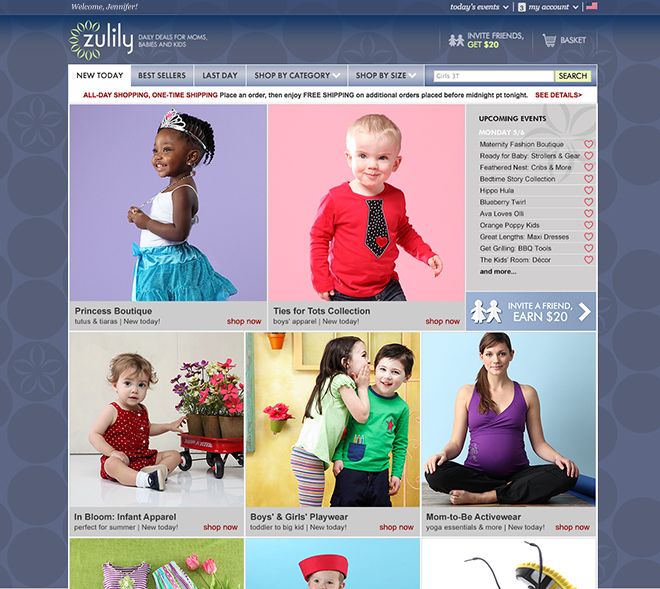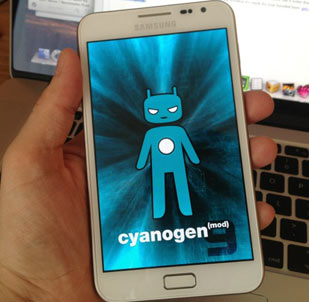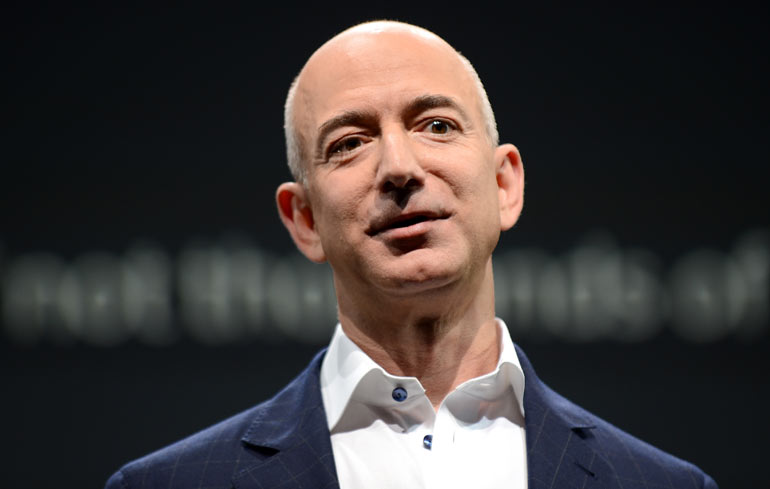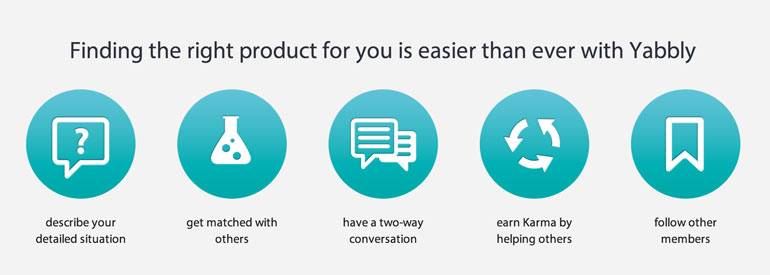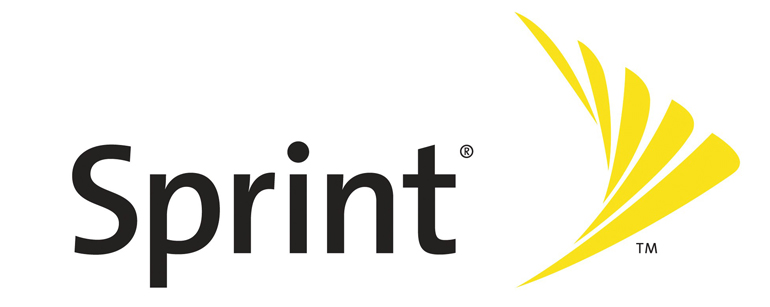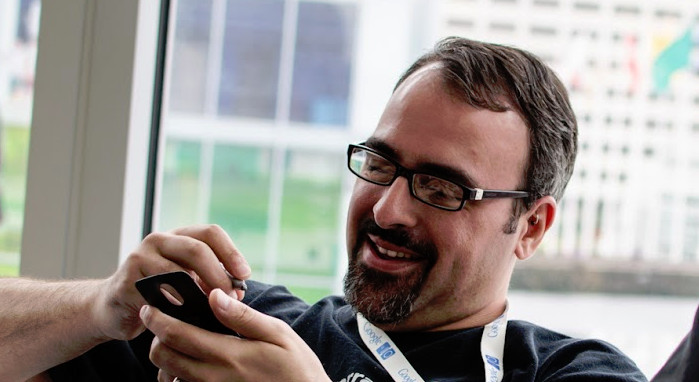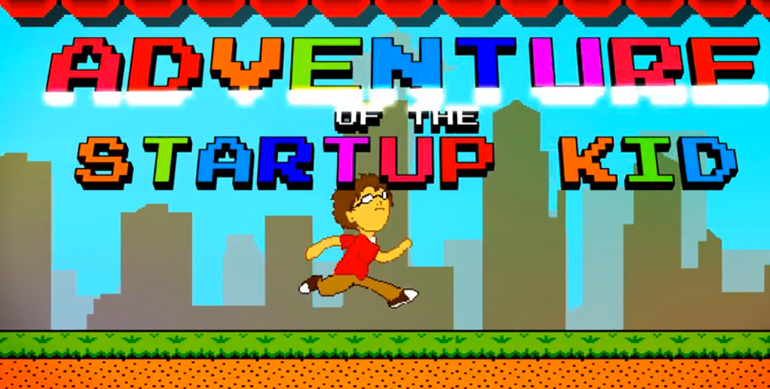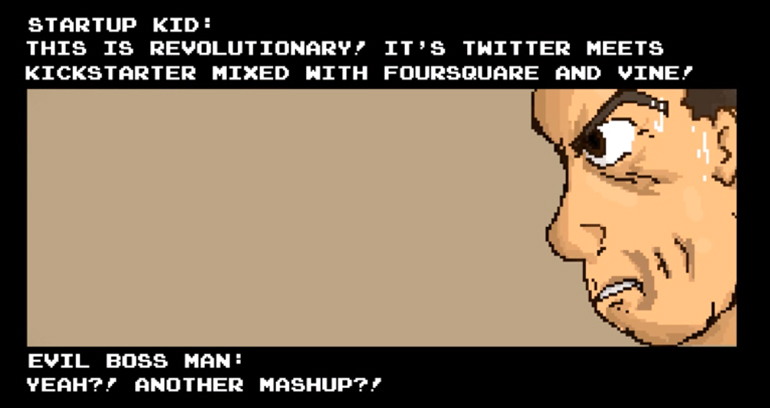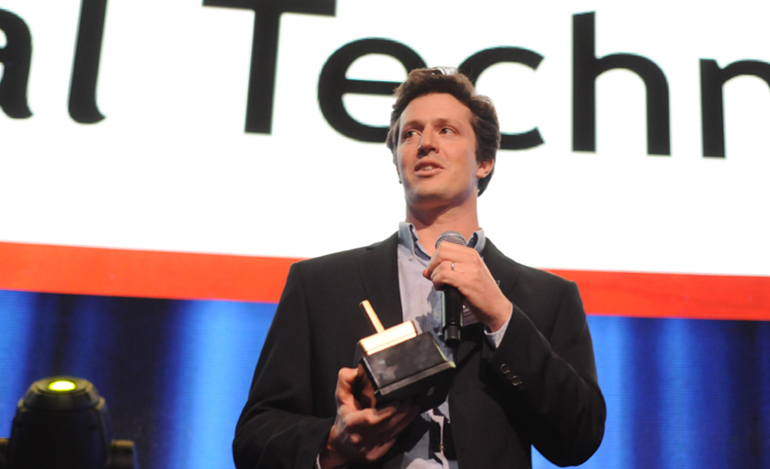 A wife and husband founded startup in Seattle Washington is quickly becoming the goto place for everything, and anything having to do with your neighborhood. It’s a social networking platform that connects neighbors through anything and everything that relates to them.
A wife and husband founded startup in Seattle Washington is quickly becoming the goto place for everything, and anything having to do with your neighborhood. It’s a social networking platform that connects neighbors through anything and everything that relates to them.
LocalBlox already has over 77,000 neighborhoods listed in their platform which covers everything from getting to know your neighbors, to neighborhood events and even lost pets.
The company was founded by Sabia Arefin, a Duke MBA with a rich background in technology management and business analysis for Fortune 500 companies. Her cofounder is her husband, Ashfaq Arefin, a Microsoft Engineer who’s been the lead technologist for several companies ranging from startups to large corporations.
LocalBlox is a one stop shop for information about any given neighborhood. It’s like a mashup of Block Avenue, Patch, the Yellow Pages and the local community bulletin board. The feature rich platform has several uses including:
- Discover your neighbors, Learn about a neighborhood, its residents and social vitality. Invite friends to the neighborhood. Know your neighbors from their social media profiles.
- Explore what the neighbors say and like about the neighborhood. Connect & share with your neighbors (Neighborhood Wall, Neighborhood Ambassador).
- Find out what’s going on around your neighborhood (events & announcements, news feed, neighborhood watch).
- Neighborhood News Feed based on Resident activities, Neighborhood watch & alert.
- Pet Alert : Is your Cat missing? Ask your Neighbors! Find out the neighbors and their children that your kid is playing with
- Nearby amenities and services: Find out your neighbors’ recommendation. Rate goods and services around the hood.
- Engage in social vitality around your neighborhood
- Find a job close to home: babysitter, dog-walker, stylist, landscaper
- Check nearby public transit stops
We got a chance to interview Sabira, check out the full interview below.
What is your startup, what does it do?
LocalBlox is a highly-scaled hyperlocal neighborhood platform that combines high-volume, high-value content aggregation, curation, real-time augmentation and updates, along with syndication, mapping and crowdsourcing with business and personal profile claiming services. To create a vibrant, interconnected social, local, mobile marketplace of content and tool sets, profile claiming, automatic mobile and web campaign content creation tools help local businesses and neighbors connect more efficiently. Proprietary scoring allows automatic Web and mobile campaign creation for local business owners and event organizers. We aspire to be “the Kayak” for neighborhoods & neighborhood businesses & more!
Who are the founders and what are their backgrounds?
The company was founded by me and my husband, Ashfaq Rahman.
I did my MBA from Duke University and I have years of experience in technology management and business analysis in Fortune 500 companies
Ashfaq is a serial entrepreneur technologist. He founded revolutionary technology platforms for companies ranging from startups to multi-billion dollar companies. An engineer from Microsoft in Redmond, he held the founding and key technologist roles in a number of successful companies, masterminding key inventions. He attended graduate school in computer science at the University of Pennsylvania.
Where are you based?
LocalBlox is based in Bellevue, WA.
What is the startup culture like where you are based?
The startup culture here is a strong and easily accessible, with regular events and meet-ups. There are a lot of really smart, educated and successful people here who help support startups and encourage entrepreneurs.
What problem does your startup solve?
We bring a diverse array of information, resources, tool & technology together in one place, and make it meaningful and locally relevant. People don’t have to go to 10 different sites when it comes to finding information about their neighborhood. It’s all in one place and validated for higher relevancy and accuracy. We place information into a neighborhood context. The LocalBlox infrastructure consists of data acquisition, parsing and extraction engines aggregating content to 112,000 neighborhoods in the U.S.
We have a large aggregation of local businesses and local events with extremely rich data-points, generating boundaries of the top neighborhoods in the U.S., with unique features like hyperlocal news and neighborhood crime watch built on top of our aggregation engine. We created some disruptive self-serve offerings for local businesses to gain a targeted reach and build their profiles in a more efficient way. We’re leveraging these assets to build a sustainable business model.
We have the scale and use big data and technology strategically, leveraging them to build partnerships focusing on our key strengths. We are not just a social network or another local site. There is unique depth in each of the modules offered at LocalBlox, which makes it possible for us to build a lot of interesting business models revolving around interesting technologies, algorithms and big data.
What is one challenge that you’ve overcome in the startup process?
We realized that staying focused was critical and not to get distracted or diverted into multiple directions by different opportunities, as it would be deadly for our little startup. After the failure of sites such as Judy’s Book and EveryBlock, it was difficult to overcome the idea that another local neighborhood site was “absurd and not fundable.”
What are some of the milestones your startup has achieved?
LocalBlox is live in 112,000 neighborhoods with 23 million comprehensive business profiles, millions of aggregated local content, news and events, crime mapped into neighborhoods, with social integration and a Mobile SDK. We have over 200,000 claimed business profiles, over 200,000 Twitter followers and more than 60,000 Facebook fans. We have trademarks and patents for some of our core proprietary discovery, validation and mapping engines.
What are your next milestones?
We are redesigning our site for a better user experience and focusing on a couple of key strategic partnerships for revenue monetization.
Who are your mentors and role models?
Our advisors Merrill Brown, founding team member of MSNBC, and Dane Madsen, founder of Yellowpages.com, are very inspiring. They’ve been very kind and contributed much to our company. They serve on our advisory board and we’re very fortunate to learn from them. I am personally thankful to Dane Madsen and Rick Blair[SR1] for their constant encouragement.
What are some of the advantages/disadvantages growing your startup outside of Silicon Valley?
I really didn’t feel any advantage or disadvantage of being outside Silicon Valley, though I imagine it would be much harder for anyone in the Valley, where every other person has a startup. We have funded the startup ourselves, bootstrapped all the way and have a solid, viable revenue model. I feel we are very fortunate to be in Seattle. People here understand and appreciate the hard work and technical merit that goes behind a solid scalable product and value team & technology.
What’s next for your startup?
We are focusing our efforts in a few key areas, redesigning our site for a better and more user friendly experience, and exploring opportunities with a couple of key strategic partners to take our company to the next level.
Where can people find out more, and what is your Twitter username?
www.localblox.com and on Twitter at localblox
Startup Weekend and Startup America have joined forces, read more about that here.



